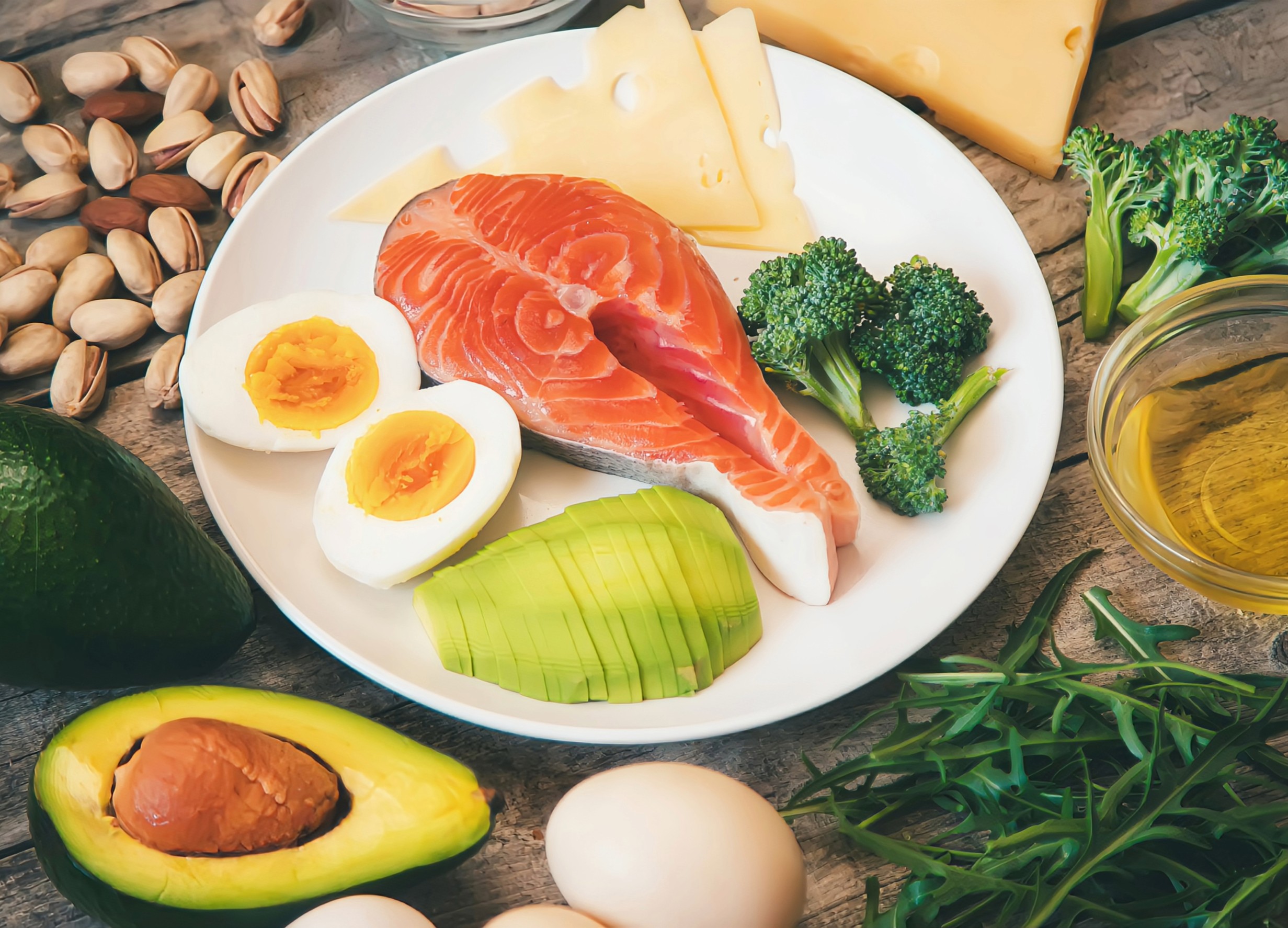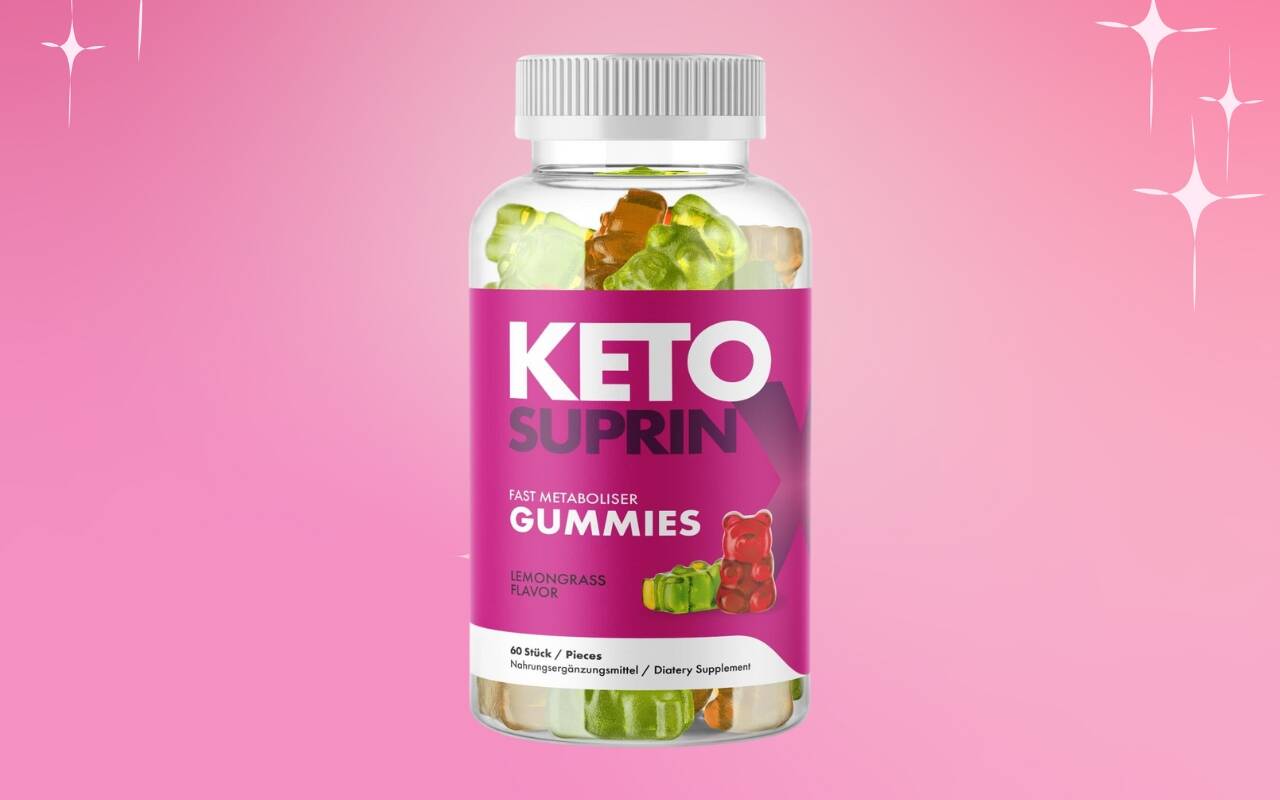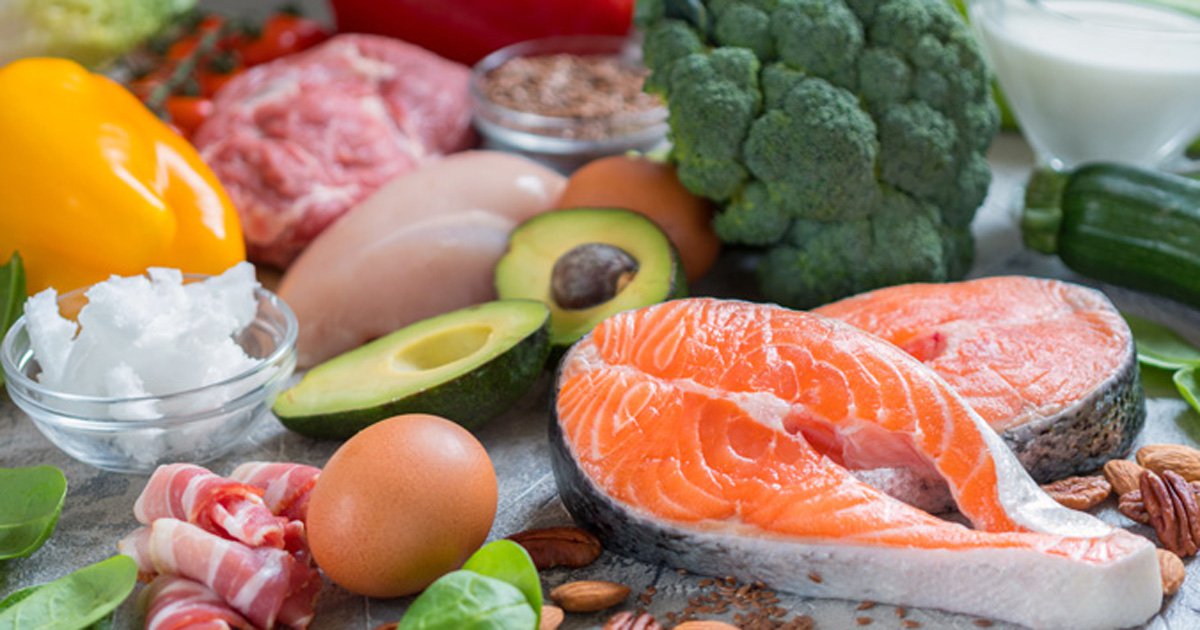Cancer research evolves every day, offering hope for more effective, accessible, and less invasive treatments for patients.
Scientists are constantly exploring novel approaches to enhance the efficiency and reach of these therapies.
A recent study conducted by a team of experts from the University of Pennsylvania suggests an intriguing alternative to boost the performance of CAR T cell therapy.
The research suggests that a metabolite produced by the ketogenic diet may be a powerful weapon to enhance this cancer treatment.
A new approach to cancer treatment
CAR T cell therapy is a unique treatment path that enhances a patient’s immune system to fight off cancer. Developed by experts at Penn Medicine, this approach has successfully treated thousands of individuals with blood cancers.
However, the effectiveness of CAR T cell therapy has not been uniformly consistent or reliable for all patients. With this in mind, the research team was compelled to adopt an unconventional method to enhance the therapy’s efficiency.
Rather than focusing on genetic engineering to tweak T cells, the experts decided to target T cells through diet.
Fighting cancer with a ketogenic diet
The team examined the impact of different diets (keto, high-fiber, high-fat, high-protein, high-cholesterol, and a control diet) on the tumor-fighting abilities of CAR T cells.
The standout performer was the ketogenic diet, which resulted in superior tumor control and survival in mouse models of diffuse-large B-cell lymphoma.
A closer look revealed that a metabolite called beta-hydroxybutyrate (BHB) played a crucial role in this enhanced effect. BHB is generated by the liver in response to a ketogenic diet.
Previous work by the team demonstrated that BHB can significantly suppress the growth of colorectal tumors.
Puneeth Guruprasad, a medical student in the Perelman School of Medicine, elaborated on this dietary approach to enhancing cancer treatment.
“Our theory is that CAR T cells prefer BHB as a fuel source rather than standard sugars in our body, such as glucose. So, increasing the levels of BHB in the body gives the CAR T cells more power to take out the cancer cells,” said Guruprasad.
The team then experimented with BHB supplementation alongside CAR T cell therapy in lab models of human cancer.
The results were impressive. The experts observed almost absolute destruction of cancer in most cases, and amplified CAR T cell growth and activation.
The study did not stop there. The researchers also analyzed blood samples from patients who had previously received CAR T cell therapy. They found that higher BHB levels were associated with better CAR T cell growth in patients.
Additionally, upon examining the T cells of healthy volunteers who took a BHB supplement, they found similar energy production changes in normal T cells after exposure to BHB.
The future of immunotherapy
Research on the role of dietary interventions in enhancing cancer immunotherapy response has been carried out before.
However, unlike previous studies that pointed to influences via the gut microbiome, this study indicates that the BHB effect comes from metabolic changes in the blood.
The remarkable theory that BHB supplementation could enhance CAR T cell therapy response will soon be tested in a Phase I clinical trial at Penn Medicine’s Abramson Cancer Center.
“We’re talking about an intervention that is relatively cheap and has low toxicity potential,” said Maayan Levy, one of the researchers. “I’m excited to think about how a fairly simple approach like this could be combined with dietary interventions or other, more traditional approaches, to enhance the anti-cancer effect.”
The clinical trial will focus on patients with relapsed or refractory large B-cell lymphoma who are receiving commercially available anti-CD19 CAR T cell therapy.
Further research is needed
The experts are enthusiastic about the results of their study, but also call for caution as further research is needed.
“At this point, the research is still preliminary, and we’re not making any dietary or supplement recommendations to patients based on this study until we have definitive clinical evidence,” said study co-author Marco Ruella.
The path to defeating cancer is long and challenging, but with continued dedication and innovative ideas such as dietary supplements, we have renewed hope.
The research was presented at the annual meeting of the American Society of Hematology.
—–
Like what you read? Subscribe to our newsletter for engaging articles, exclusive content, and the latest updates.
Check us out on EarthSnap, a free app brought to you by Eric Ralls and Earth.com.
—–




